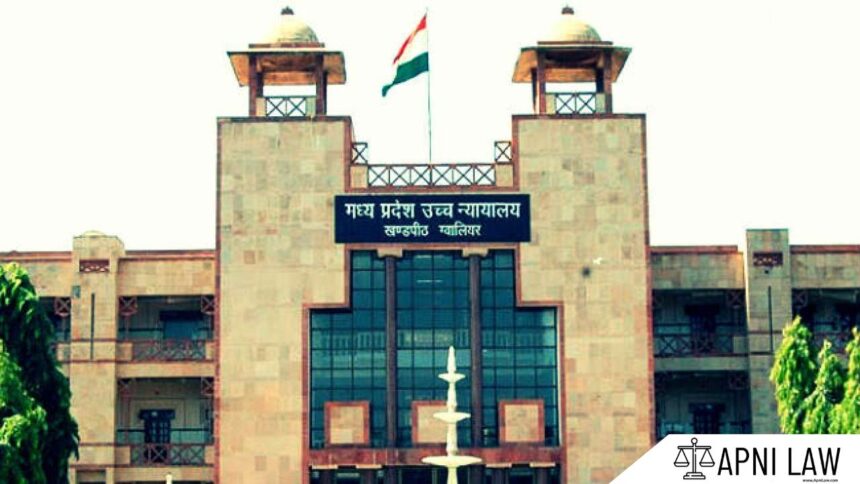Violations Of Service Rules Do Not Qualify As Public Duty
The Indore Bench of the Madhya Pradesh High Court ruled that violations of service rules do not fall under the scope of public duty required for judicial review under Article 226 of the Constitution. Justice Vijay Kumar Shukla clarified that a private institution’s actions, such as superannuation of employees, do not involve public functions.
Case Overview
A petitioner challenged Ultratech Cement Limited’s decision to retire him at 58 instead of 60. The claim was it violated his right to livelihood under Article 21. The petitioner argued that the company, controlled by the Ministry of Labour, performs public functions, making the writ petition maintainable.
The court referred to precedents, emphasizing that writ petitions against private entities are valid only when the disputed action involves public duty. It cited cases where the private body’s role was directly linked to public law, such as the Right to Education Act.
Court’s Decision
The court held that Ultratech Cement Limited’s action did not qualify as a breach of public duty. The matter was deemed to fall under private service rules. Consequently, the petition was dismissed as not maintainable under Article 226.
Conclusion
In conclusion, the Madhya Pradesh High Court has clarified that violations of service rules do not constitute a public duty under Article 226. This judgment reinforces that service-related disputes must be resolved within the framework of service laws. It limits the scope of Article 226 for private grievances. Thus, ensuring judicial intervention is reserved for matters of genuine public interest.











